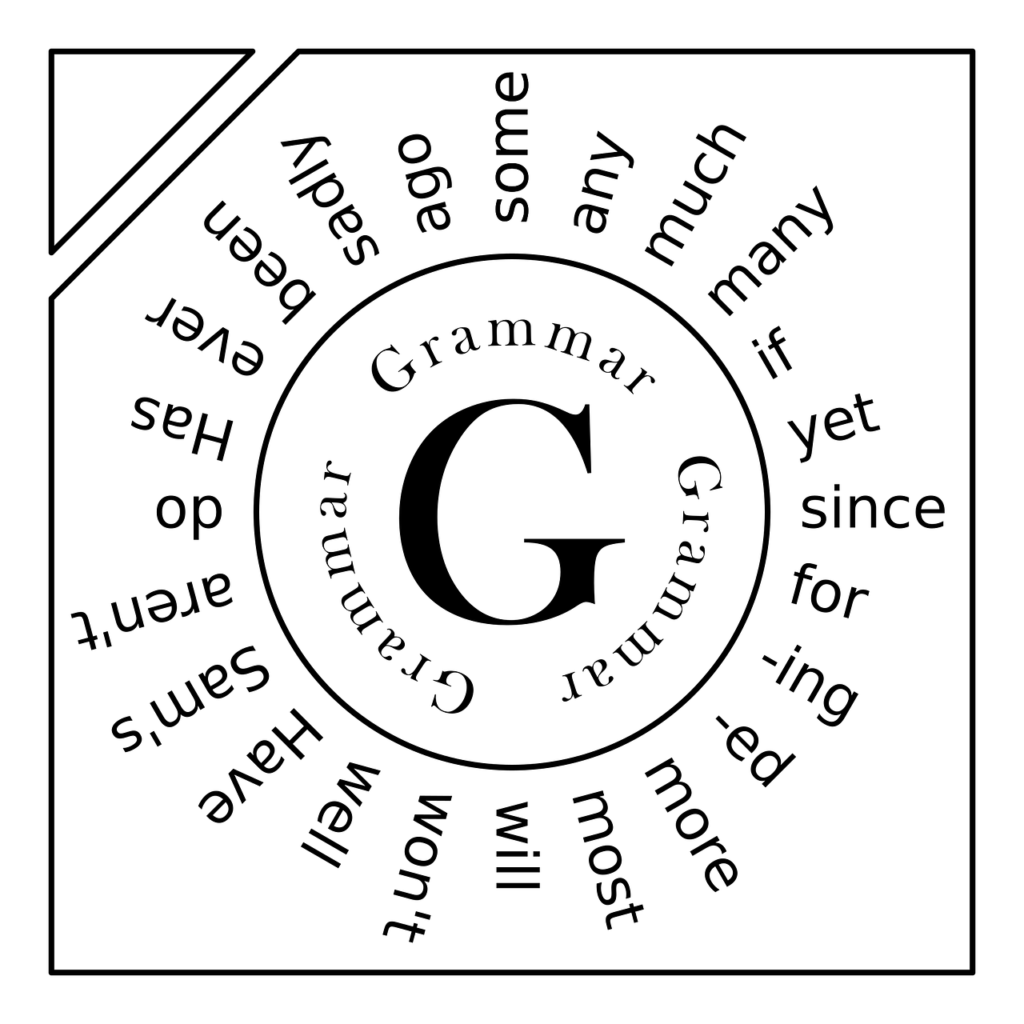Superlatives are a way of expressing the highest or lowest degree of a quality among a group of things or people. For example, if you want to say that someone is the most intelligent person in the world, you can use a superlative adjective like this:
He is the most intelligent person in the world.
Or, if you want to say that something is the least expensive thing in a shop, you can use a superlative adjective like this:
This is the least expensive thing in the shop.
There are two ways to form superlative adjectives in English: by adding -est to the end of the adjective, or by using the word most before the adjective. The rule for choosing which way to use depends on the number of syllables in the adjective. A syllable is a part of a word that has one vowel sound. For example, big has one syllable, happy has two syllables, and beautiful has three syllables.
The general rule is:
- If the adjective has one syllable, add -est to the end of the adjective. For example: big -> biggest, small -> smallest, fast -> fastest.
- If the adjective has two syllables and ends in -y, change -y to -i and add -est. For example: happy -> happiest, funny -> funniest, easy -> easiest.
- If the adjective has two or more syllables and does not end in -y, use most before the adjective. For example: beautiful -> most beautiful, expensive -> most expensive, interesting -> most interesting.
There are some exceptions to this rule, such as good -> best, bad -> worst, and far -> farthest/furthest.
When you use a superlative adjective before a noun, you usually need to use the word the before it. For example:
She is the happiest girl I know. This is the most beautiful painting I have ever seen. He is the best teacher in our school.
However, you can drop the word the when the superlative adjective comes after a verb like be or seem. For example:
She seems happiest when she is with her friends. This painting is most beautiful in natural light. He is best at maths and science.
You can also drop the word the when you use a possessive word like my, your, his, her, etc. before the superlative adjective. For example:
She is my best friend. This is your most expensive suit. He is his happiest self.
You can use superlative adverbs to describe how someone does something to the highest or lowest degree. Superlative adverbs are formed in a similar way as superlative adjectives, by adding -est or using most. For example:
She runs fastest of all. He sings most beautifully in the choir. They work hardest when they have a deadline.
You can also use than with superlative adjectives and adverbs to compare one thing or person with another. For example:
She is smarter than anyone else I know. He runs faster than any other athlete in his team. They work harder than anyone else in this office.

